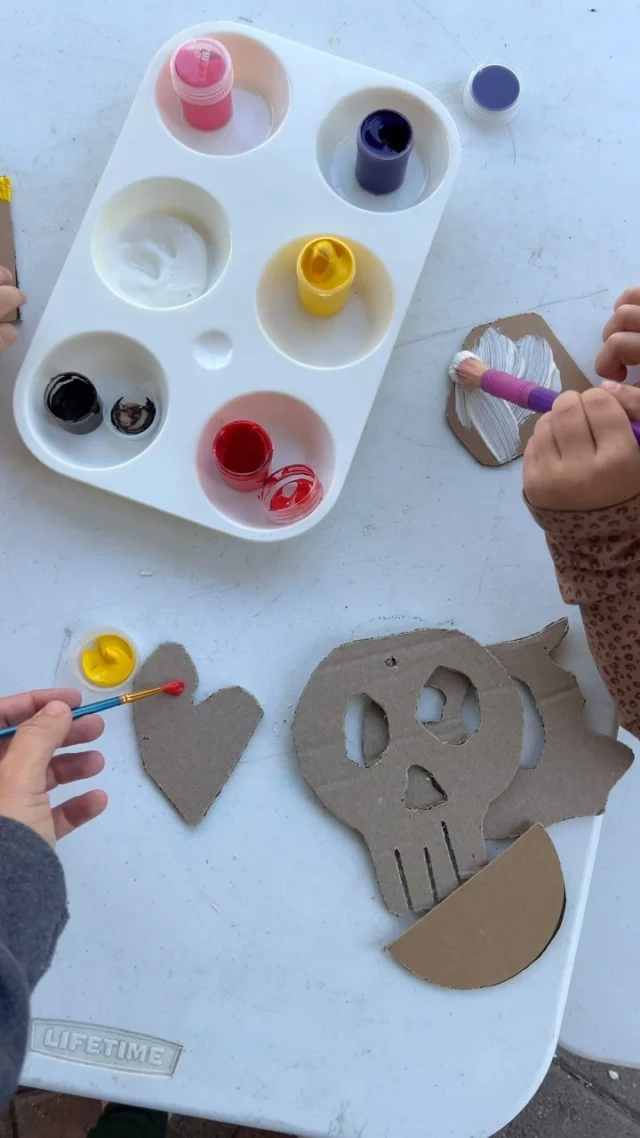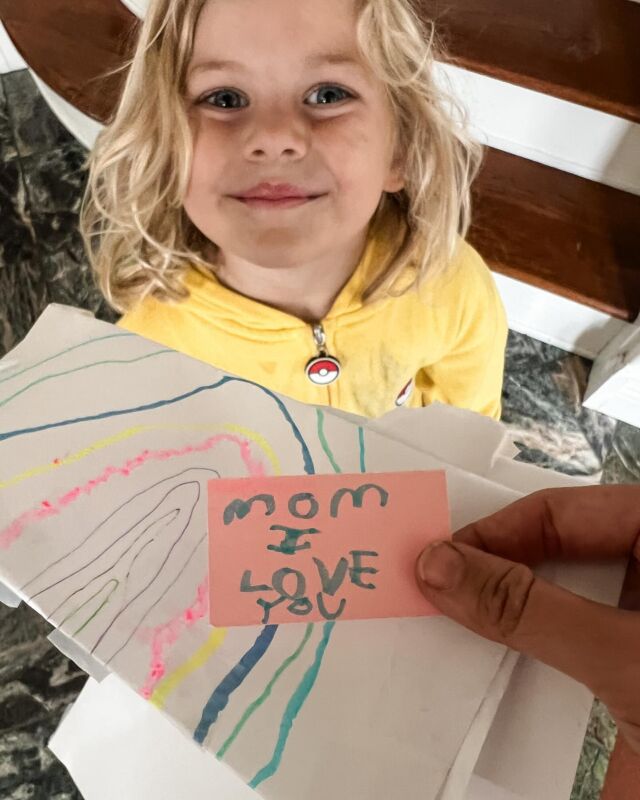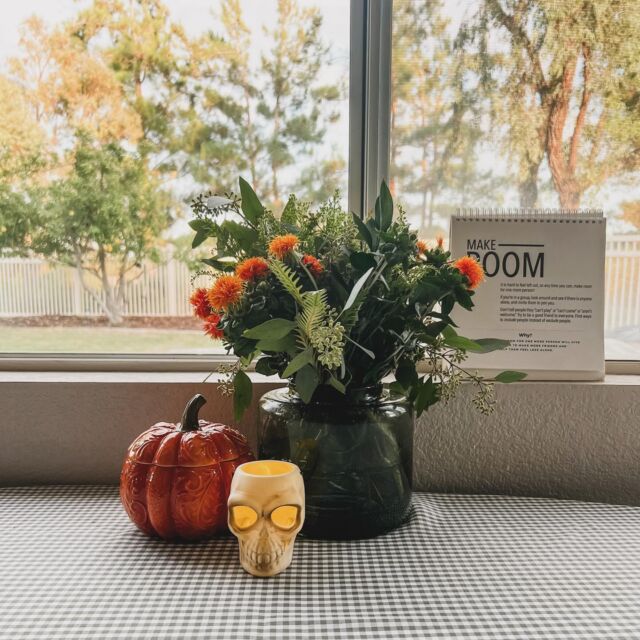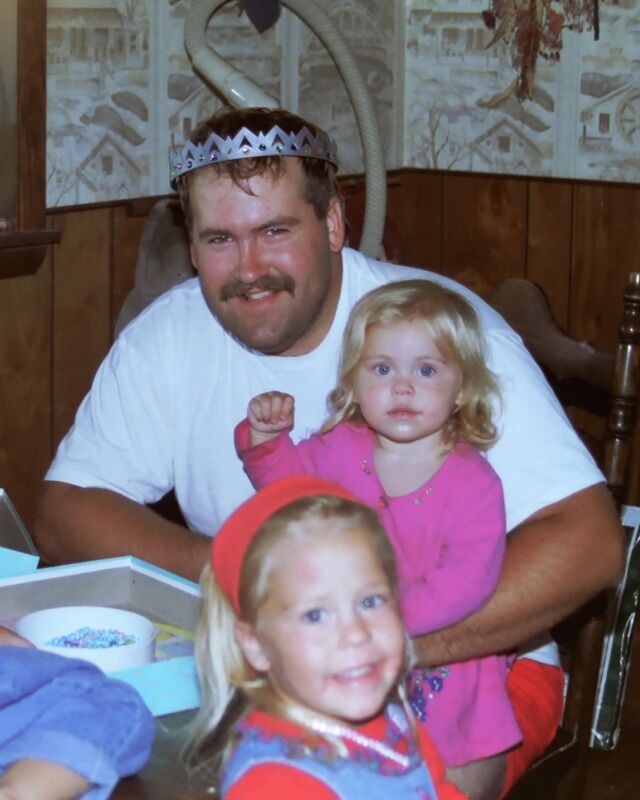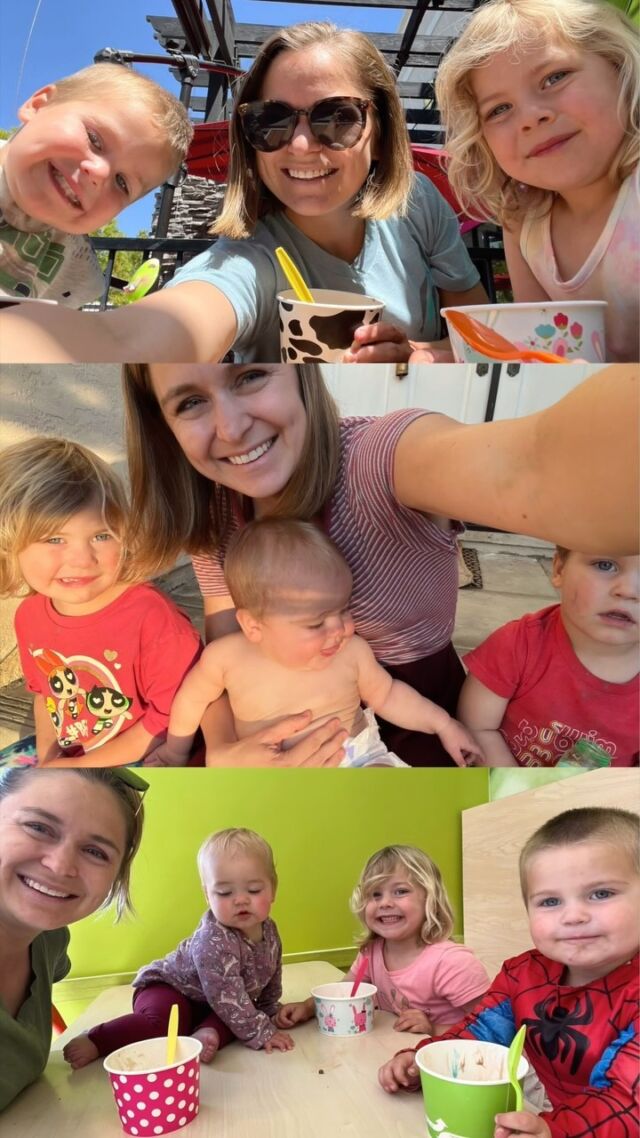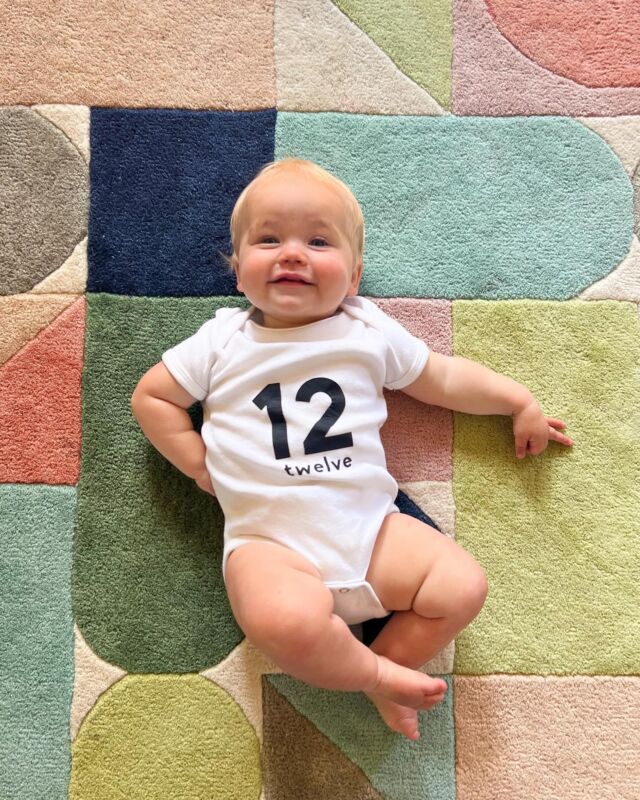
I didn’t grow up watching Mr. Roger’s Neighborhood but I am just as much in the Fred Roger’s fan club as anyone else who grew up loving him. So much so, that I read a biography about him back in February! For Hazel’s two years, I would only allow her to watch Daniel Tiger’s Neighborhood cartoon series (my first-time-mom-self had silly rules like this). I loved the lessons they taught so I decided I wanted to learn a bit more about him. We all know he is a wonderful man that we can look up to, and so I wanted to understand him a bit more since I knew he was the kind of person I want to emulate.
So I watched all the things I could find about him — “Mister Rogers & Me” from 2012, “Won’t You Be My Neighbor” from 2018, and the movie with Tom Hanks “A Beautiful Day in the Neighborhood” from 2019. I still need to watch the tribute documentary “Mister Rogers: It’s You I Like” from 2018. After watching all of these, I read his biography from the library. A lot of what is said below are snippets from this book so think of this as a little book review/synopsis of “The Good Neighbor: The Life and Work of Fred Rogers”.
Fred Rogers is known for a lot of amazing values. He was respectful, understanding, full of tolerance, inclusion, and consideration. He has absolute devotion, extraordinary generosity, a giving nature, and boundless kindness. He was the champion of compassion and equality and was fiercely devoted to children and to taking their fears, concerns, and questions about the world seriously. He pursued excellence and set high standards for himself. He chose to dedicate himself to making the world better. He was always focused on “What good can come from this? Where do people need help?” His signature value was human kindness; he lived it and preached it to children, to their parents, to their teachers, to all of us everywhere who could take the time to listen.
Just like the new show Daniel Tiger’s audience is for a very young audience, he recognized the critical importance of learning during the earlier years. No one better understood how essential it is for proper social, emotional, cognitive, and language development to take place in the first few years of life. And no one did more to convince a mass audience in America of the value of early education than he did.
As a Parent
Like most books, I usually find a few lessons that I want to implement as a parent — either a way I want to teach my children or a way I want to be as a person/parent.
Fred was a very shy kid when he was young, and I loved how his parents approached him and his needs. “What helped the young Fred Rogers emerge from his own childhood fears to become a capable and confident young man was the attention of a caring adult who focused on the child, listened, talked about fear and about life itself, and gave the child a direct connection to the adult world.” I want to be the kind of parent who does all of these things for my children. Fred was also observed to be someone who never talked down to kids. “It’s a relationship that’s based on love and respect — with boundaries.”
He and his father, Jim, were pretty different from each other. His father was very macho and Fred was quite the opposite. However, his father “was tolerant and always careful not to bully Fred. He treated his son with respect and support, no matter their differences.” What a great reminder to give our own children support and tolerance even if their personality or characteristics are opposite of ours.
Fred was very interested in music as a young man, and their parents gave him their full support and went out of their way to help Fred unfold this part of his life. In this case, Fred’s mother was also a musician, but I think it’s a great reminder even if we don’t have the same interests as our child, it is so very important for us as their parent to invest in that time with them. It makes it a less solitary thing and connects the child with their parent.
He wanted to “influence parents to treat their young children as individuals and to have the confidence to be flexible and responsive with them.”
I loved this quote from the book: “In parenting, what works best is a fine balance between flexibility, creativity, structure, and discipline. And the best discipline is not punishment, but teaching a child the art of self-discipline.” This is obviously much easier said than done. But if I think of it as an art of self-discipline, I believe I will be less likely to lash out or be short-tempered and make my first tendancy one of teaching.
There were a few teachers who were very influencial to Fred Rogers from elementary school to college. This quote I loved from that section: “Attitudes aren’t taught, they’re caught. If a teacher has an attitude of enthusiasm for the subject, the student catches that whether the student is in 2nd grade or graduate school. If you show them what you love, they’ll get it and they’ll want to get it. Like most things, teaching has to do with honesty.”
Mr. Rogers was really good about going down to the child’s level and acknowledging their emotions and thoughts as legitmate. “Getting a child first curious about something and not making them come to my world, but actually going into their world.” I could see this being very beneficial as a parent to pause and take a step into their world to understand how they must be feeling in a certain situation.
Said by an interviewer, “One time I said something unkind about someone. And I said, ‘Oh I’m sorry. I’m horrible.’ He replied, ‘No, you’re not horrible. What you said is not horrible. Nothing about you is horrible — except how you treat others. What you do.'” Another great reminder that sometimes our actions are not our identity. This is frequently the case with children and I need to remember that just because my child acts out in anger does not mean they are an angry or mean child.
Teaching Children about Emotions
Like mentioned before, I love how his show, and now Daniel Tiger, is teaching children around the world how to understand and manage their emotions. He once said, “A lot of Prince Tuesday’s worries are on the inside. People don’t know what you’re thinking if you don’t tell them. So, if you’re worried about something, it can really help to tell the people you love what you’re worried about.” I want my children to feel comfortable talking to me about their emotions and that we have an open communication. Again, this is easier said than done but I think the approach Fred Rogers has on this gives the perfect, safe environment for a child to open up.
Another quote I want to remember when teaching my children about managing their emotions. “Sometimes children think that feeling angry with another person can hurt them, but it can’t. It’s only the things we do when we are angry that can hurt. It is all right to resent it, to feel bad about it, even to feel very sad about it. Sometimes they don’t know it was all right to feel any of those things.”
He didn’t just talk about angry/sad/worrisome emotions. He would also say it is almost always a mistake to stifle the joyfulness of a child, even in the most serious setting.
As a Christian
Fred Rogers is known as an enormous influential figure on television. A large, yet somewhat invisible part of what made Fred Rogers Fred Rogers was his belief in God as a Protestant. About religion, he said “You can be an agent of what’s good and not be terribly direct about it.”
Someone who worked with Mr. Rogers said in an interview, “Spirituality was in the air. It was in the walls. It was in Fred’s office and it was in my office, because Fred brought it with him.”
There’s a quick story in the book that when Fred walked into the studio each day, he said a silent prayer saying, “Dear Lord — let some word of this be Yours.”
“Children know a fraud more than anyone. I believe he was one of the most authentic and Christlike people that I have ever known in my life. Just his manner. His ability to listen. Everyone you talk to that had any encounter with him: it was a real moment in their lives.”
“He would study passages in interest from the Bible, and then he would visualize who he would be seeing that day, so that he would be prepared to be as caring and giving as he could be. Fred’s prayers in those early morning sessions were not for success or accomplishment, but rather for the goodness of heart to be the best person he could be in each of the encounters he would have that day.” Wow, so powerful. If all of us started our morning with a prayer to be the best person we could be in each of the encounters we would have (in addition to studying the scriptures), I think the world would be a much different place. It’s a good reminder of how I want to start my day but rarely do.
“He wouldn’t engage in derogatory or even slightly mean or cynical comments; he mirrored back something far more decent and caring and loving.” I like to think I am naturally a “give the benefit of the doubt” kind of person, but I could also be better about the comments I say behind closed doors. Fred Rogers wasn’t perfect, he had a short temper and there are plenty of stories about his struggle with no-so-great qualities in the book. So you know that when great things are said about him, it was a choice he made and he was actively working on things like not engaging in mean comments, etc.
All his career, he emphasized the importance of listening; he felt that silence is a gift, as is what he called “graceful receiving”. He worried about the lack of silence in a noisy world. “”Listening is where love begins: listening to ourselves and then to our neighbors.””
“Life is for Service.”
After he saw these words on campus as a student, he wrote down and carried a copy of these words in his wallet for many years and then eventually received a framed version for his desk.
“Look for the helpers. You will always find people who are helping.”
Favorite Quotes from or about Fred Rogers
It’s so difficult to narrow down the best quotes from or about Fred Rogers. There are dozens and dozens of them! But here are a few from the book that stood out to me.
You rarely have time for everything you want in this life, so you need to make choices. And hopefully your choices can come from a deep sense of who you are.
Fred Rogers
“What is essential is invisible to the eye.”
Fred Rogers
“The real issue in life is not how many blessings we have, but what we do with our blessings. Some people have many blessings and hoard them. Some have few and give everything away.”
Fred Rogers
“Parents are like shuttles on a loom. They join the threads of the past with threads of the future and leave their own bright patterns as they go.”
Fred Rogers
“Knowing that we can be loved exactly as we are gives us all the best opportunity for growing into the healthiest of people.”
Fred Rogers
Deep and Simple
“I feel so strongly that deep and simple is far more essential than shallow and complex.”
A friend of Fred’s said, “I looked at Fred as a complicated person who chose simplicity, but at the same time, was a powerful person — spiritually powerful and also interpersonally powerful.” Deep and simple — that’s what matters.
What was interesting to learn was that every single experience in his life was a step-stone to create the program he created: his childhood, his experiences in New York, Pittsburgh, Canada, his research of child development with Dr. McFarland and Dr. Spock at the Arsenal Center, and so on. Throughout his life, I believe God refined and guided him to be the man and make the influence he did. And for me, that is a great reminder that each experience I have in my life, good or hard, is refining me into a better person day by day.


